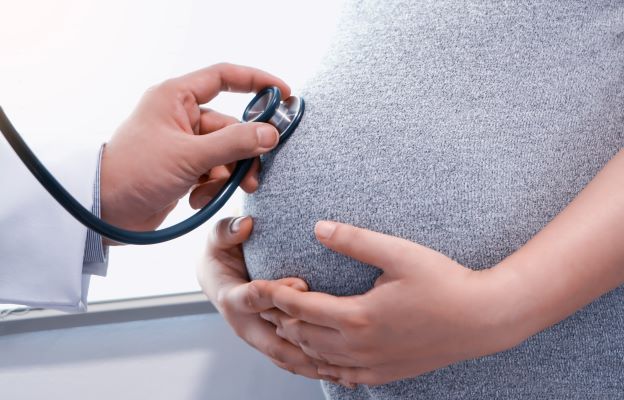Last Updated on: 19th December 2024, 10:41 pm
Table of Contents
ToggleHow Does Periodontal Disease Affect Pregnancy?
It is important to know that from the moment of fertilization, many changes occur in the future mother, both physiological, anatomical, and hormonal. According to the American Dental Association (ADA), there are two myths about pregnancy and oral health: tooth loss resulting from pregnancy and losing calcium in teeth if the diet is insufficient in calcium.
Possible causes that are related to tooth loss
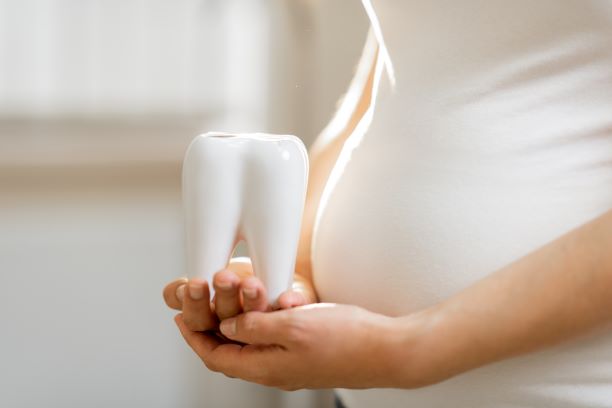
The loss of teeth in pregnant patients is usually related to local irritants, especially harmful habits such as a cariogenic diet, poor brushing technique due to a lack of knowledge of oral health care habits, etc.
Calcium sources are found in the diet.
Obtaining calcium to strengthen structures with mineral content in the fetus is carried out with a diet enriched in calcium such as green leafy vegetables, fish, canned sardines with their bones, salmon, and other preserves and nuts.
Myths and truths about periodontal disease and its relationship to complications during pregnancy.
Bacterial plaque and periodontal disease.
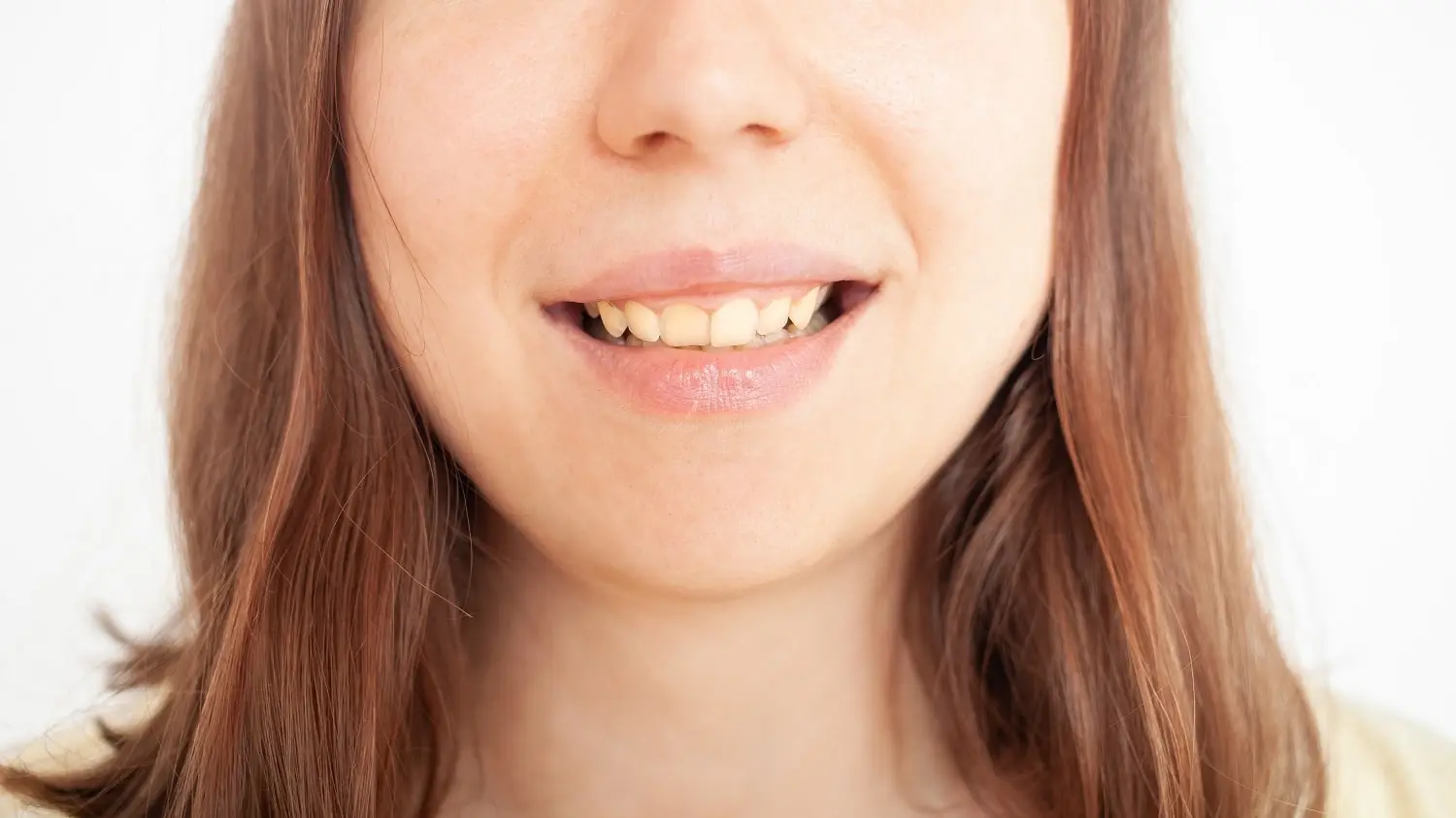
Now, how does periodontal disease affect pregnancy? Although it is true, oral health in pregnancy can be compromised in situations where the mother relapses into unhealthy habits, either due to ignorance, negligence, or omission about health in general, not only periodontal disease. In those cases, local factors favor the appearance of bacterial plaque and its progression, then the persistent periodontal disease in pregnant patients would develop.
Hormonal changes in the mother do not cause periodontal disease
What is commonly thought is that the mother undergoes hormonal changes that compromise her oral health. There is no sure science in this regard that proves this statement. Still, in current studies, it has been concluded that the transient systemic state of immunosuppression produced by progesterone to avoid immune rejection by the mother and the fetus, is a state of immune tolerance and does not involve a state of the ineffectiveness of the immune response.
Increased inflammatory response and risk of developing periodontal disease
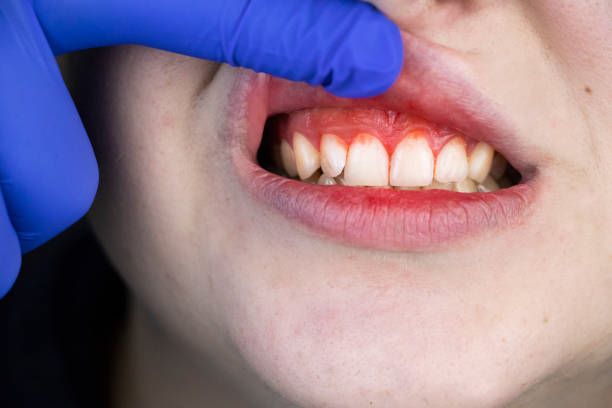
Previous studies have shown that periodontal disease is caused by changes and hyperactivity of the aforementioned local factors’ inflammatory response. Although it is true in pregnant patients, it is related to the fact that the hormonal changes they go through could promote, as in the case of progesterone, the stimulation of pro-inflammatory markers.
Hormones estrogen and progesterone:
To raise awareness How does periodontal disease affect pregnancy? This may be possible because the hormone progesterone may mediate the host’s inflammatory response in addition to estrogen, which indirectly stimulates the destruction of dental supporting tissue; to combat local irritants such as microbial plaque.
Signs and symptoms of Periodontal disease
Signs of periodontal pathology are discoloration and bleeding of the gums, halitosis, and tooth mobility; It can be prevented with good oral hygiene, periodic controls, and diagnosis with early and timely treatment.
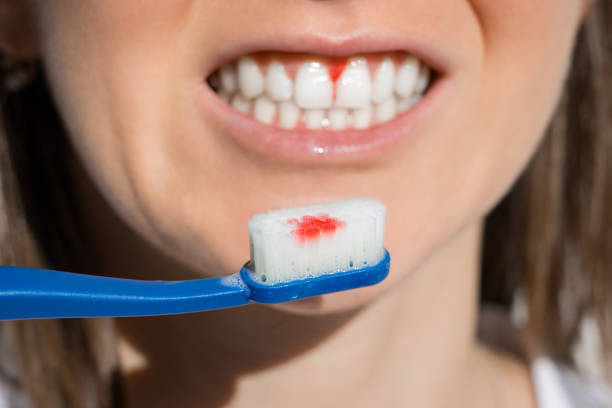
To answer, how periodontal disease affect pregnancy, it appears that hormonal changes during pregnancy, if there is no bacterial plaque, does do not lead to periodontitis. But if there is the presence of bacterial plaque, it could lead to periodontal disease; like any infection, it generates cytokines and other inflammatory mediators are developed in response to infection, which is disseminated through the bloodstream.
In research studies carried out in pregnant patients, it was found that ingestion of a cariogenic diet was related to the appearance of cavities and more than half of the pregnant women presented a deficient level of knowledge of oral health education, closely related to oral affections.
Complications of periodontal disease in pregnant patients
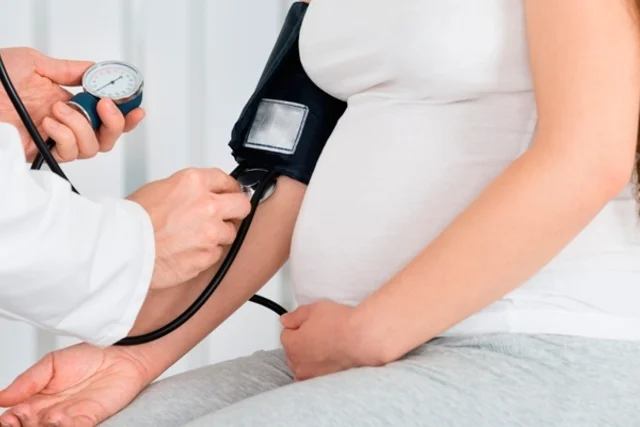
Another hypothesis that attempts to explain how periodontal disease affects pregnancy proposes that oral bacteria directly colonize the placenta, thus causing inflammatory responses that could lead to possible pre-eclampsia and prematurity.
Pre-eclampsia
Pre-eclampsia is a pregnancy complication characterized by high blood pressure and impaired kidney function. It affects both mothers and their babies, with considerable fetal mortality and morbidity (Roberts and Cooper 2001).
Ruma et al. demonstrated a relationship between maternal periodontal diseases with systemic inflammation and an increased risk of pre-eclampsia (Ruma et al. 2008)
Prematurity of Delivery
Regarding prematurity, it could be said that, in humans, maternal infections during pregnancy and the accompanying inflammatory responses are significant causes of preterm births.
Low weight in the newborn
Periodontal disease in the expectant mother is considered a risk factor for preterm birth with a low birth weight newborn, less than 2,500 g.
Preterm Labor (PPT) and Low Birth Weight (LBW) are pregnancy complications that can generate consequences of varying severity in the newborn’s health, including death.
In conclusion, specifically in pregnant women with periodontitis, professional intervention should be non-surgical periodontal treatment usually aimed at reducing sub-gingival biofilm and signs of periodontal inflammation.
Contact us
Future mothers who care about the well-being of their baby and themselves are recommended to take this article from Channel Islands Family Dental into consideration and not hesitate to seek prompt attention and educate themselves in the world of oral health.
If you have any questions about this or other topics, you can contact us at Channel Islands Family Dental and on our Facebook Page. We look forward to your visit and will give you a timely diagnosis. Our Dentists in Oxnard, and Port Hueneme will be able to guide you toward the best treatment to take care of your health and return your best smile
Bibliography
- Aguilar-Cordero MJ, Rivero-Blanco T, León- Ríos X, Rodriguez-Blanque R, Gil-Montoya JA. Periodontal disease as a risk factor for complications during pregnancy and childbirth. JONNPR. 2018; 3 (11): 906-922. DOI: https://doi.org/10.19230/jonnpr.2746
- Jeffcoat M, Parry S, Sammel M, Clothier B, Catlin A, Macones G. Periodontal infection and preterm birth: successful periodontal therapy reduces the risk of preterm birth. An International Journal of Obstetrics and Gynecology 2011; 118: 250-256. doi: 10.1111 / j.1471-0528.2010.02713.x.
- Oliveira AMSD, Oliveira PAD et al. Periodontal therapy, and risk for adverse pregnancy outcomes. Clin Oral Invest 2011; 15: 609- 615. DOI: 10.1007 / s00784-010-0424-8.
- López NJ, Da Silva I, Ipinza J, Gutiérrez J. Periodontal therapy reduces the rate of preterm low birth weight in women with pregnancy-associated gingivitis. J Periodontal 2005; 11 (Suppl): 2144-53. Doi: 10.1902 / jop.2005.76.11-S.2144.
- Roberts JM, Cooper DW. (2001) Pathogenesis and genetics of pre-eclampsia. Lancet 357, 53-56.DOI: 10.1016 / s0140-6736 (00) 03577-7
- Ruma M, Boggess K, Moss K, Jared H, Murtha A, Beck J, Offenbacher S. (2008) Maternal periodontal disease, systemic inflammation, and risk for -preeclampsia. American Journal of Obstetrics and Gynecology 198, 389.e1-5. doi: 10.1016 / j.ajog.2007.12.002



